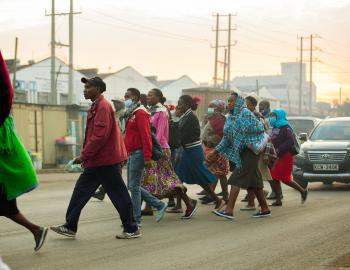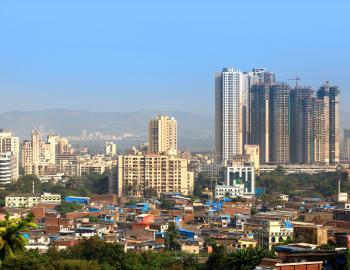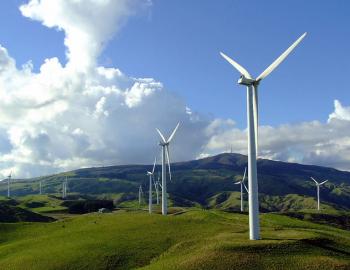REPORT: Scaling up carbon finance through CDM Programmes of Activities: challenges for low-income household energy projects in South Africa
REPORT: Scaling up carbon finance through CDM Programmes of Activities: challenges for low-income household energy projects in South Africa
Since the early 2000s, climate change mitigation in developing countries has largely centred on the Kyoto Protocol’s Clean Development Mechanism (CDM). The CDM allows for investments from developed countries in projects in developing countries, with the dual objective of reducing greenhouse gas emissions, and contributing to the host countries’ sustainable development objectives. Although the CDM may have resulted in emission reductions in developing countries, there is a consensus about the lack of tangible sustainable development benefits in the current project portfolio and regarding the uneven geographic spread of projects (Boyd et al., 2009; Olsen, 2007). These weaknesses, in addition to the urgent need to scale up carbon mitigation actions in developing countries, have led to calls to move away from the CDM’s single-site approach
The experience with the Kyoto Protocol’s Clean Development Mechanism (CDM) so far has shown that there are significant challenges in making the mechanism work for energy projects in households. Programmes of Activities (PoA) have been hailed as a new opportunity to address these challenges by transcending the CDM’s single-site approach. Applying insights from research on energy projects in low-income households in South Africa, this article, Scaling up carbon finance through CDM Programmes of Activities: challenges for low-income household energy projects in South Africa, suggests that the successful use of PoA in developing countries is contingent on establishing an appropriate institutional framework, building local capacity, increasing institutional learning around project development, and harmonising evolving carbon finance mechanism.
The paper was produced as in conjuncture with a CDKN-funded capacity building project, Building the future with climate change and development professionals: CDKN capacity building, which awarded a total of 14 Masters students financial assistance from CDKN for fieldwork and in turn also provided valuable work assistance to their host organisations.
Further reading:
Project homepage: Building the future with climate change and development professionals: CDKN capacity building
Image credit: Piccaya Fotosearch



